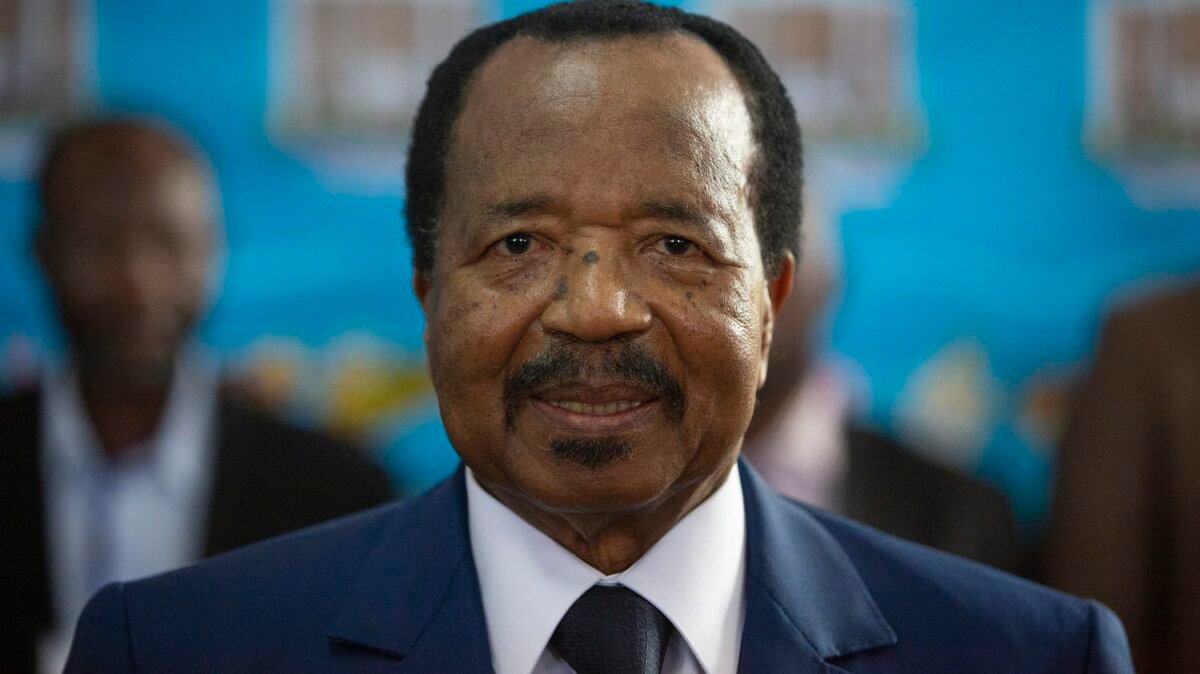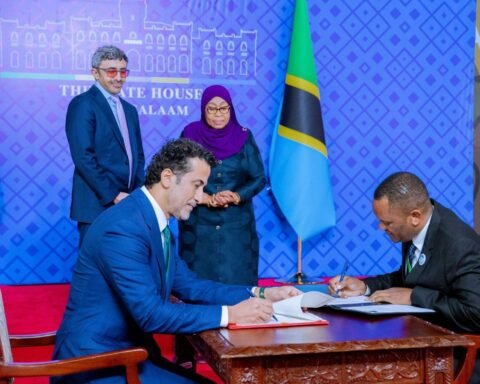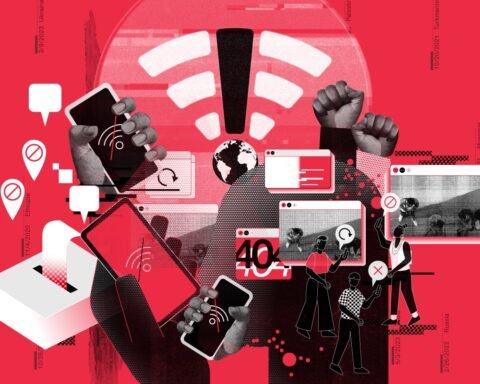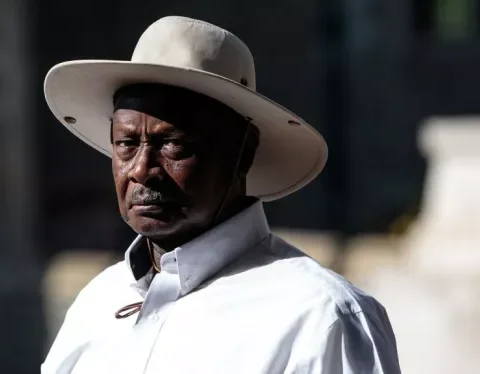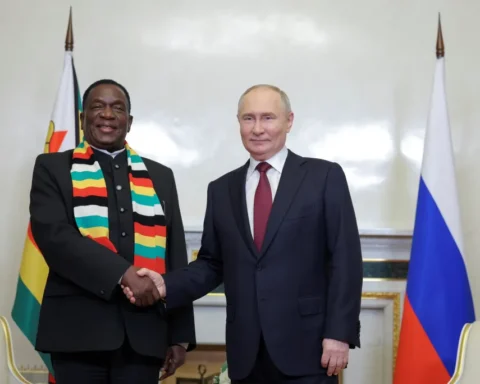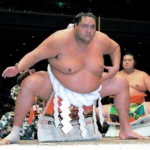After weeks of silence and swirling speculation, Paul Biya—Cameroon’s president since 1982 and now the oldest head of state in the world at 92—has officially announced that he will be contesting for an eighth presidential term in the country’s upcoming elections set for October 12, 2025.
The announcement, shared Sunday via his official X (formerly Twitter) account, mirrors Biya’s 2018 campaign strategy when he first used digital platforms to directly reach Cameroonians. His post read:
“I am a candidate in the presidential election. Rest assured that my determination to serve you matches the urgency of the challenges we face.”
Biya’s declaration confirms what many ruling party insiders had long expected. Yet for others, especially those in the opposition and civil society, the news has raised fresh concerns about democratic stagnation and the concentration of power.
Also Read; Africa’s Richest Four Now Outweigh Half the Continent
Biya ascended to power in 1982, following the resignation of Cameroon’s first president, Ahmadou Ahidjo. Over the last 43 years, Biya has steadily centralized authority, passed a constitutional amendment in 2008 to eliminate term limits, and retained his grip on the presidency—making him one of Africa’s longest-ruling leaders.
If elected again, Biya would be in office until at least age 97, raising renewed questions about his health and ability to govern effectively. His long absences from public view—some lasting more than a month—have prompted both concern and satire within Cameroonian media.
The Cameroon People’s Democratic Movement (CPDM), the ruling party, has long remained loyal to Biya. Senior officials within the party have spent the past year openly urging him to run again, celebrating his leadership as a source of national unity.
But not everyone is convinced. Two prominent figures from within Biya’s political circle—Issa Tchiroma Bakary and Bello Bouba Maigari—have split from the CPDM and announced independent bids, signaling cracks within the president’s traditional support base.
Meanwhile, opposition leaders like Maurice Kamto of the Cameroon Renaissance Movement (CRM) and Cabral Libii of the PCRN are preparing to contest the vote, vowing to prevent another extension of Biya’s long reign.
Cameroon is currently grappling with multiple crises, including a prolonged separatist conflict in its English-speaking regions, allegations of human rights abuses, economic inequality, and youth unemployment. Critics argue that Biya’s administration has failed to deliver meaningful reforms and has instead relied on state security forces to maintain order.
Human rights organizations like Amnesty International and Human Rights Watch have repeatedly condemned the government’s handling of dissent, particularly the jailing of opposition figures and journalists.
The official deadline for submitting candidacies is July 21, 2025, while the campaign season officially begins on September 17, leading up to the October 12 presidential election. The vote will be overseen by ELECAM—Cameroon’s electoral commission—which has faced criticism in previous elections for its alleged lack of independence.
“The 2025 elections could determine whether Cameroon continues down the same political path or opens the door to a new generation of leadership,” said a political analyst from University of Yaoundé.

